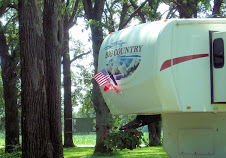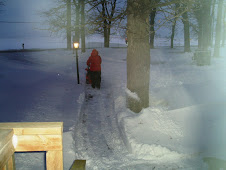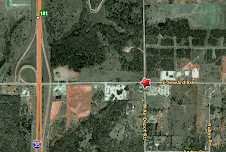For the next couple of days, my travels up the Jefferson Highway will have me bouncing back and forth between Kansas and Missouri. The Jefferson split into two legs, one going down the far eastern part of Kansas HWY 69 and the far western edge of Missouri, HWY 71 (now I-49). I will zig-zag back and forth to try to take in as many sites along the way as I can squeeze in, weather permitting!
Bloody Kansas, the Border War, was a series
of violent confrontations involving anti-slavery Free-Staters and pro-slavery
"Border Ruffians.” As a precursor to the Civil War it was a proxy
war between anti-slavery forces in the North and pro-slavery forces from the
South over the issue of slavery.
It took place in the Kansas Territory and the neighboring towns
in Missouri between 1854 and 1861. The Kansas–Nebraska Act of 1854 called for "popular
sovereignty"—the decision about slavery was to be made by the settlers at
the voting box. At the heart of the conflict was the question: Would Kansas allow or outlaw slavery, and
would it enter the Union as a slave state or a free state.
Pro-slavery forces said every settler had the right to bring
his own property, including slaves, into the territory. Anti-slavery "free
soil" forces said the rich slaveholders would buy up all the land and work
it with slaves, leaving little or no opportunity for non-slaveholders.
The term "Bleeding Kansas" was first used by
Republican Horace Greeley, editor of the New York Tribune. The violence in Kansas indicated that
compromise was unlikely as the country moved closer to Civil War.
In October 1855, John Brown came to Kansas Territory to
fight slavery. On November 21, 1855 the "Wakarusa War" began when
Free-Stater Charles Dow was shot by a
pro-slavery settler. On May 21, 1856, Missourians invaded Lawrence and burned
the Free State Hotel, destroyed 2 newspaper offices, and ransacked homes and
stores. And the trouble brewed.
Primary participants were John Brown (anti-slavery) and
William Quantrill (pro-slavery) and their followers and covered the time from
1854 – 1861. It is from this era that we
have the terms “Jayhawkers” (Kansas) and “Bushwhackers” (Missouri).















No comments:
Post a Comment